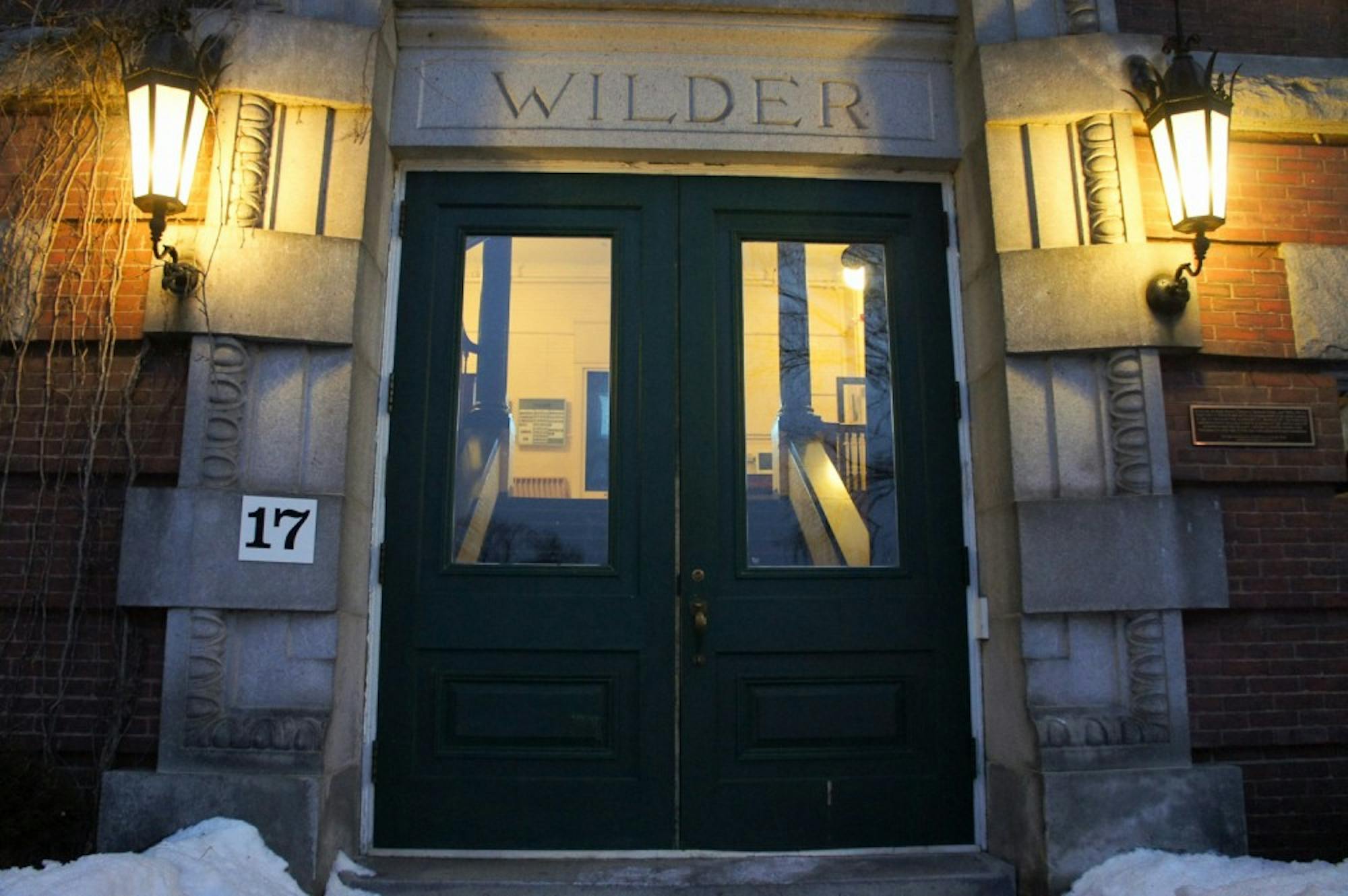In the next two years, the College is expected to launch new off-campus programs in Israel, South Africa, Spain and Peru, adding to its existing 67 programs worldwide.
This fall, the Asian and Middle Eastern languages and literatures department will introduce an exchange program with Hebrew University of Jerusalem. If approved, students will spend a term studying in Israel, and an equal number of students from Hebrew University will come to the College.
Off-campus programs director John Tansey said the AMELL department has long been looking for opportunities to send students to Israel, as many students already elect to spend transfer terms there.
The program adds to the small number of study abroad opportunities that the College offers in the Middle East and North Africa, which include an Arabic FSP and an Asian and Middle Eastern studies FSP in Morocco and an exchange with the American University of Kuwait.
Preference for the Jerusalem exchange, which has been in the works since 2011, will be given to students who have taken a year of Hebrew at the College.
While the AMELL department originally sought to create a language study abroad program in Israel, the off-campus program enrollment threshold prevented it from coming to fruition, said AMELL professor Lewis Glinert, who is coordinating the exchange.
Madeline Cooper ’16, co-chair of Dartmouth J Street U, said that she and other members of the organization are excited about the opportunities offered by the exchange, emphasizing Hebrew University’s strong reputation and the benefits campus would receive from an influx of its students.
The astronomy foreign study program, based out of Cape Town, has been approved and will launch next winter.
The astronomy department began discussing a Cape Town FSP two years ago, according to astronomy professor Brian Chaboyer, who will lead the program.
After completing a five-week course in introductory astronomy and observational techniques, participants will use professional equipment to observe and collect data for an independent research project, which will serve as a third academic credit. Students on the program will have the opportunity to use the Southern African Large Telescope, which is partially owned by the College. The telescope is the largest single optical telescope in the southern hemisphere.
The program will also incorporate a social outreach component, in which participants will visit local South African schools to teach younger students basic astronomy, Chaboyer said.
Prerequisites for the program include courses in introductory physics and calculus.
Krystyna Miles ’16 said she is considering applying for the new FSP because of the access it provides to technology, and Zoe Guttendorf ’17 said she hopes the program will provide her the opportunity to explore astronomy as a career field.
The program joins only two other off-campus offerings in the natural sciences, including a biological sciences FSP in Costa Rica and an earth science FSP that involves traveling through Canada and the western U.S.
In addition to the new AMELL and astronomy programs, the African and African-American studies department will offer a new FSP in Ghana, commencing in the fall of 2015, Tansey said. Details for the program have not yet been released.
A few other departments are also modifying their off-campus programming.
This summer, the Spanish department will introduce an LSA+ in Santander, Spain. In the fall, they are set to launch an LSA+ in Cuzco, Peru.
The Portuguese LSA in Salvador, Brazil will be modified to an LSA+.
The new offerings come in the wake of a $10 million grant to expand and strengthen off-campus programs, received by the College in May of last year.
In a strategic planning report released last spring, the “Global Dartmouth” working group recommended that all undergraduate students be required to complete a significant global learning experience during their time at the College.




